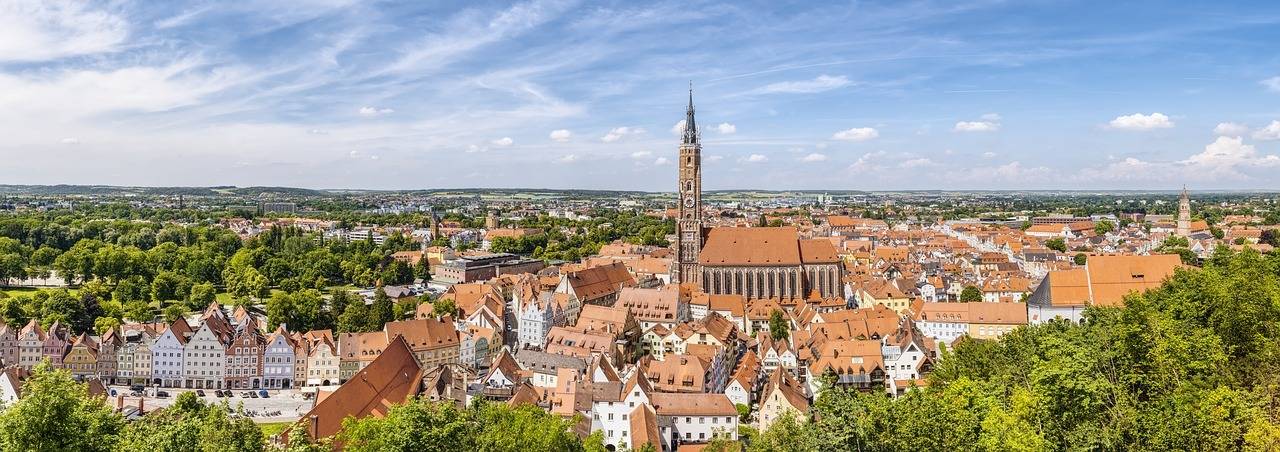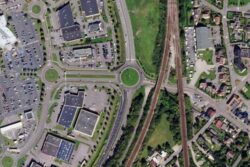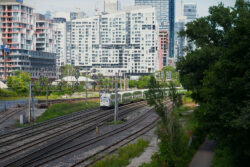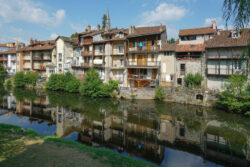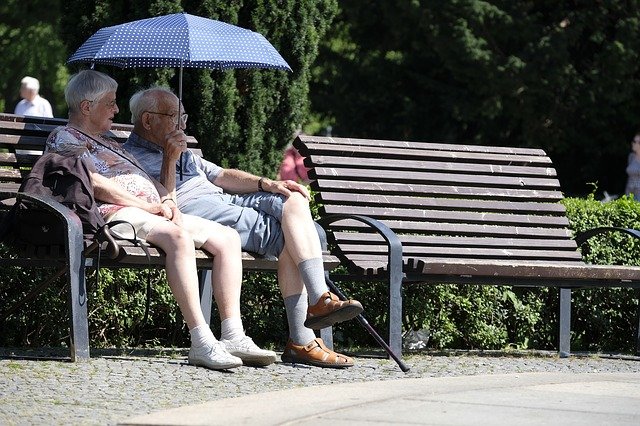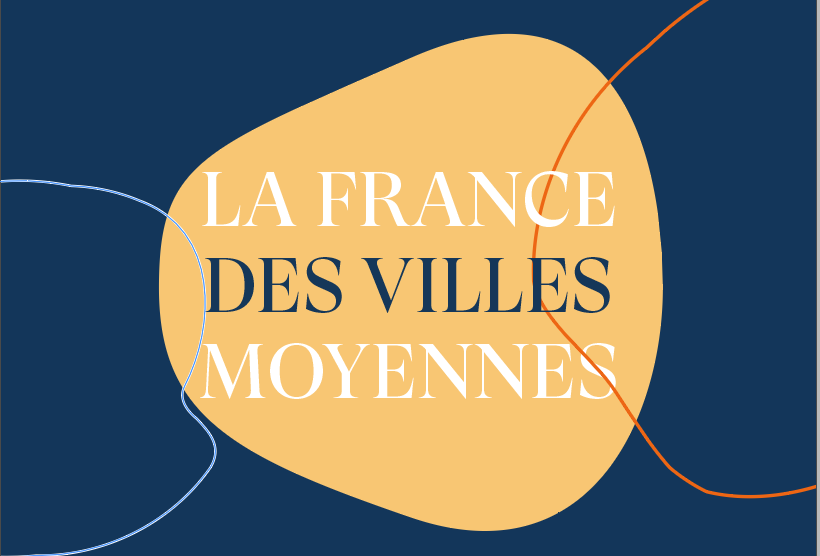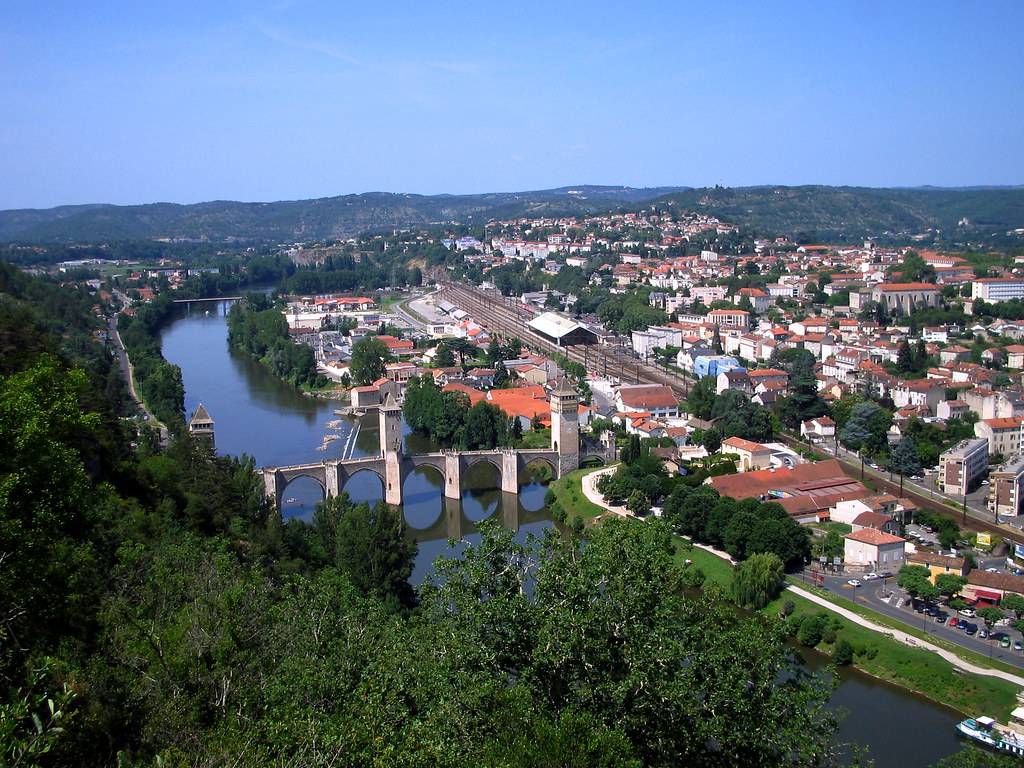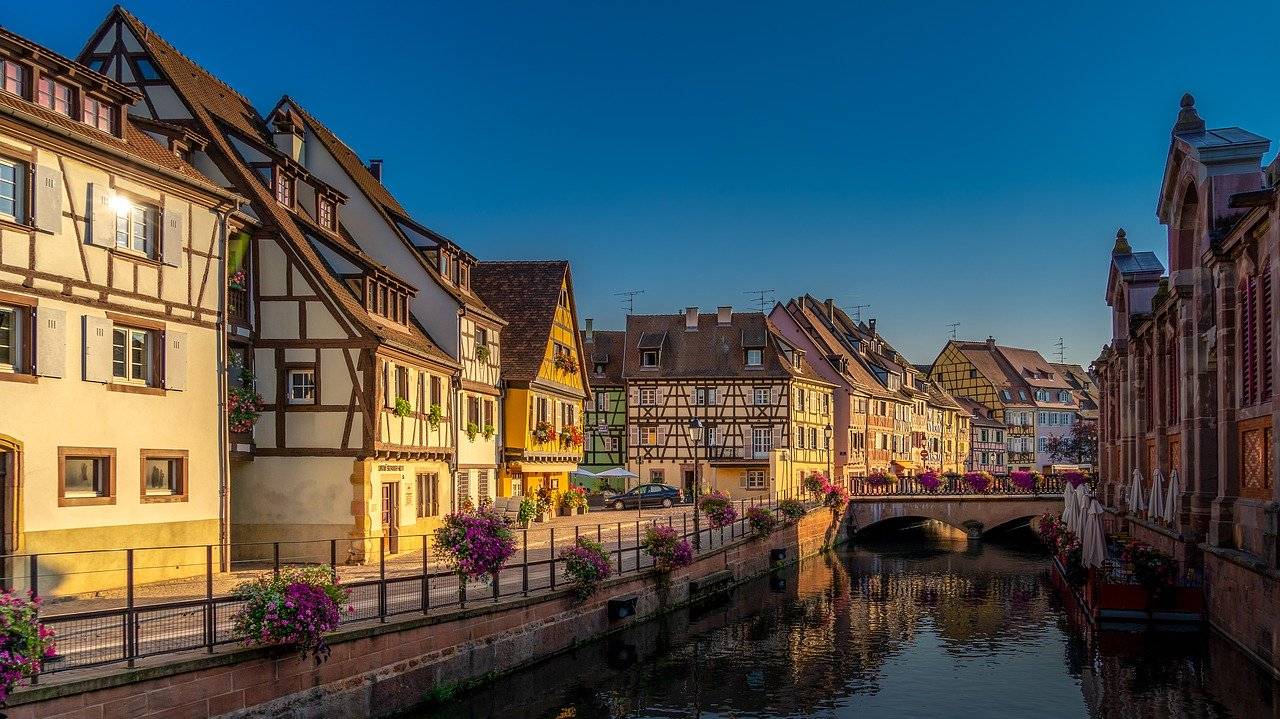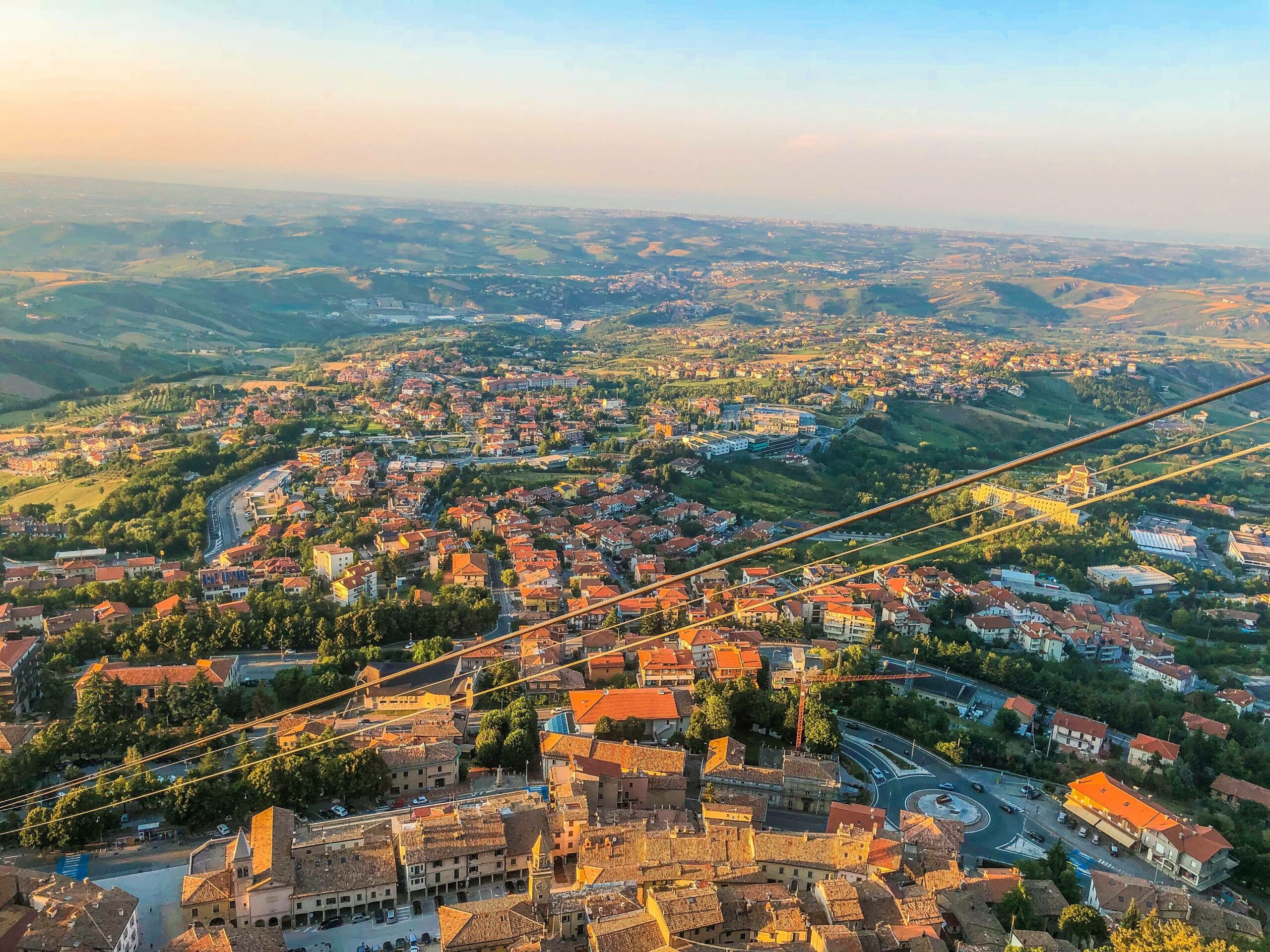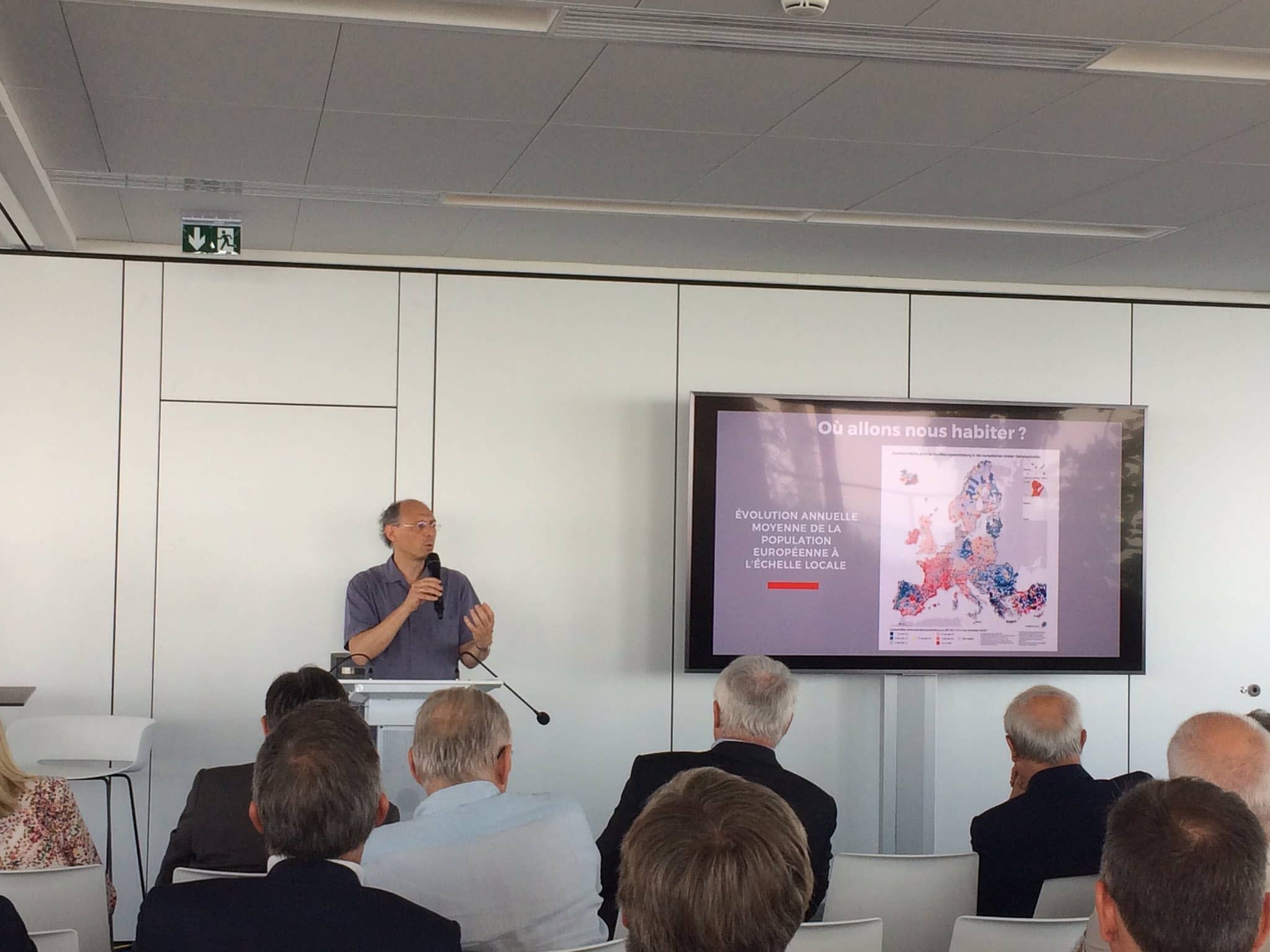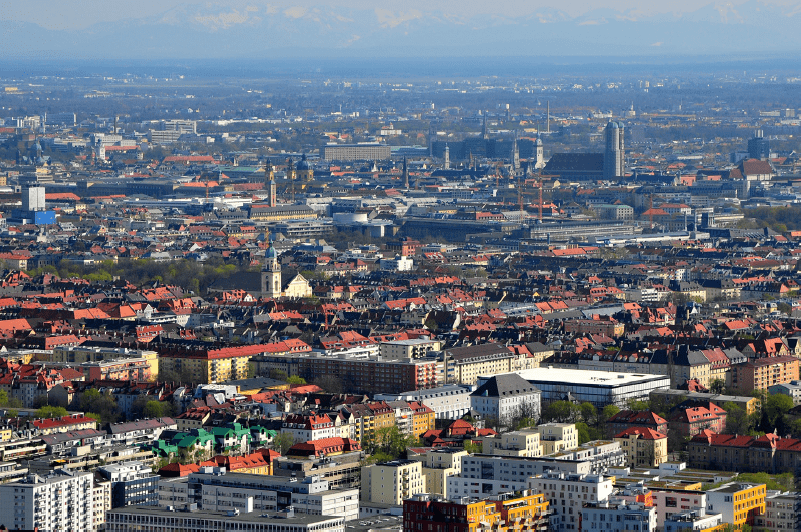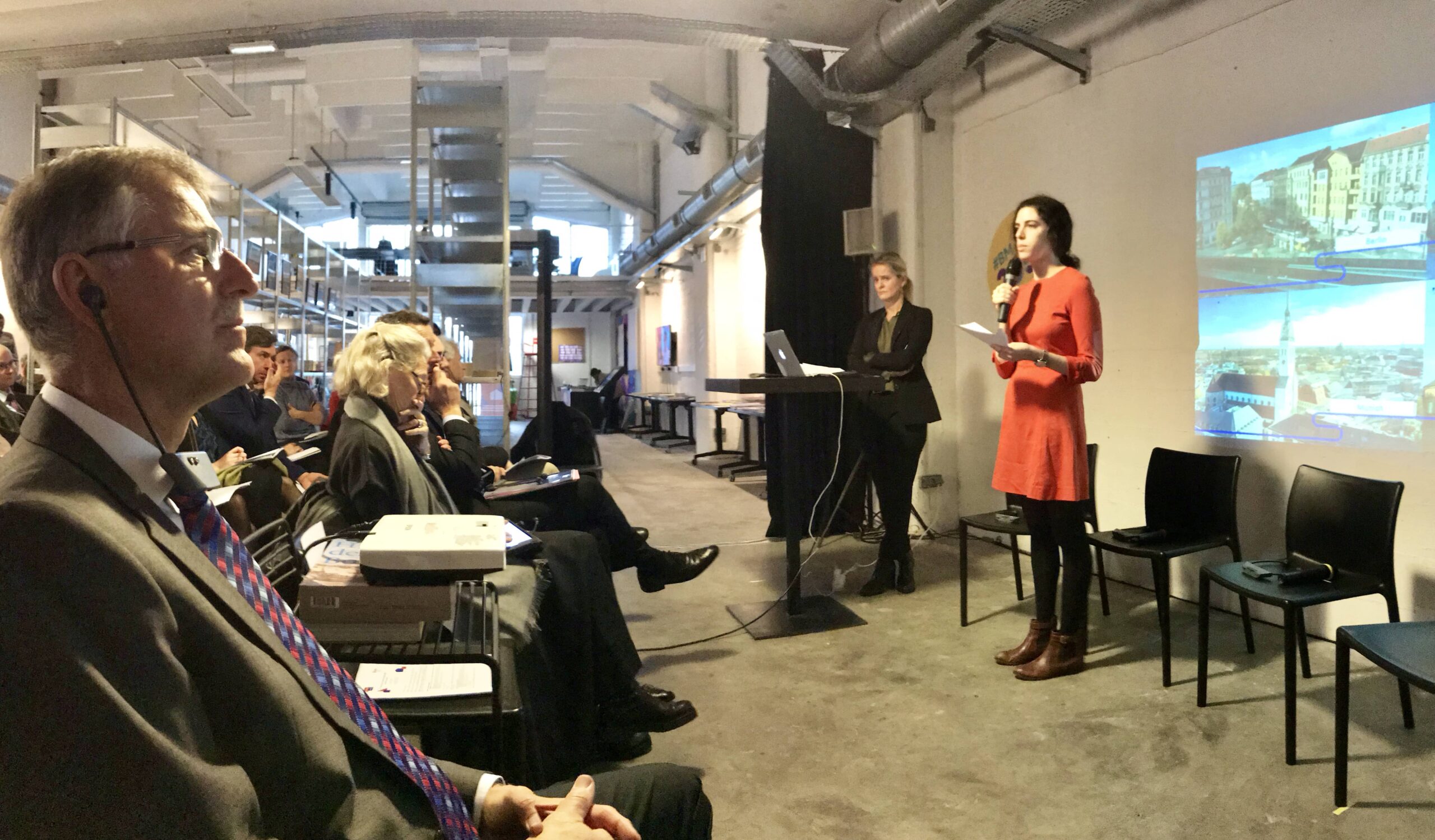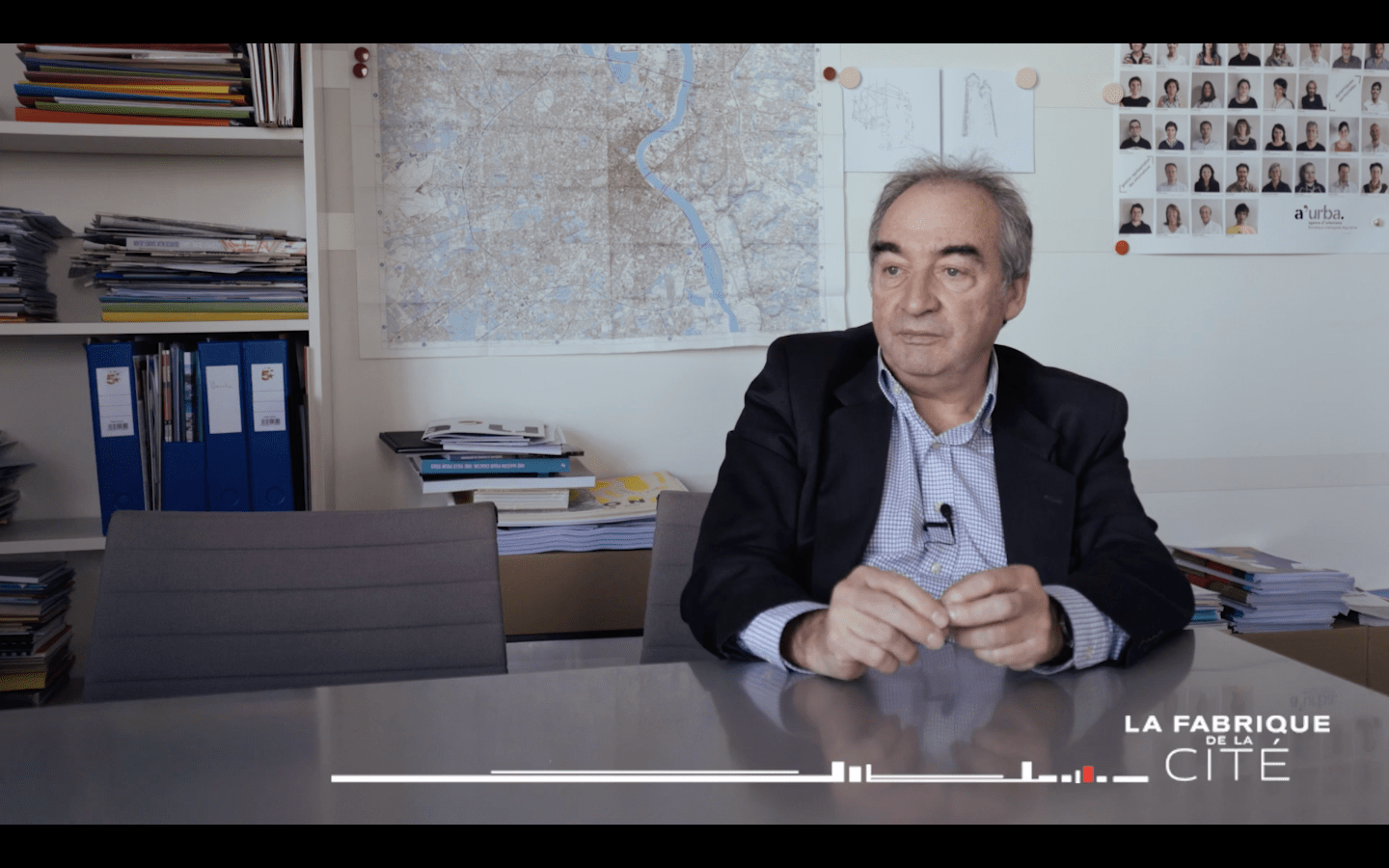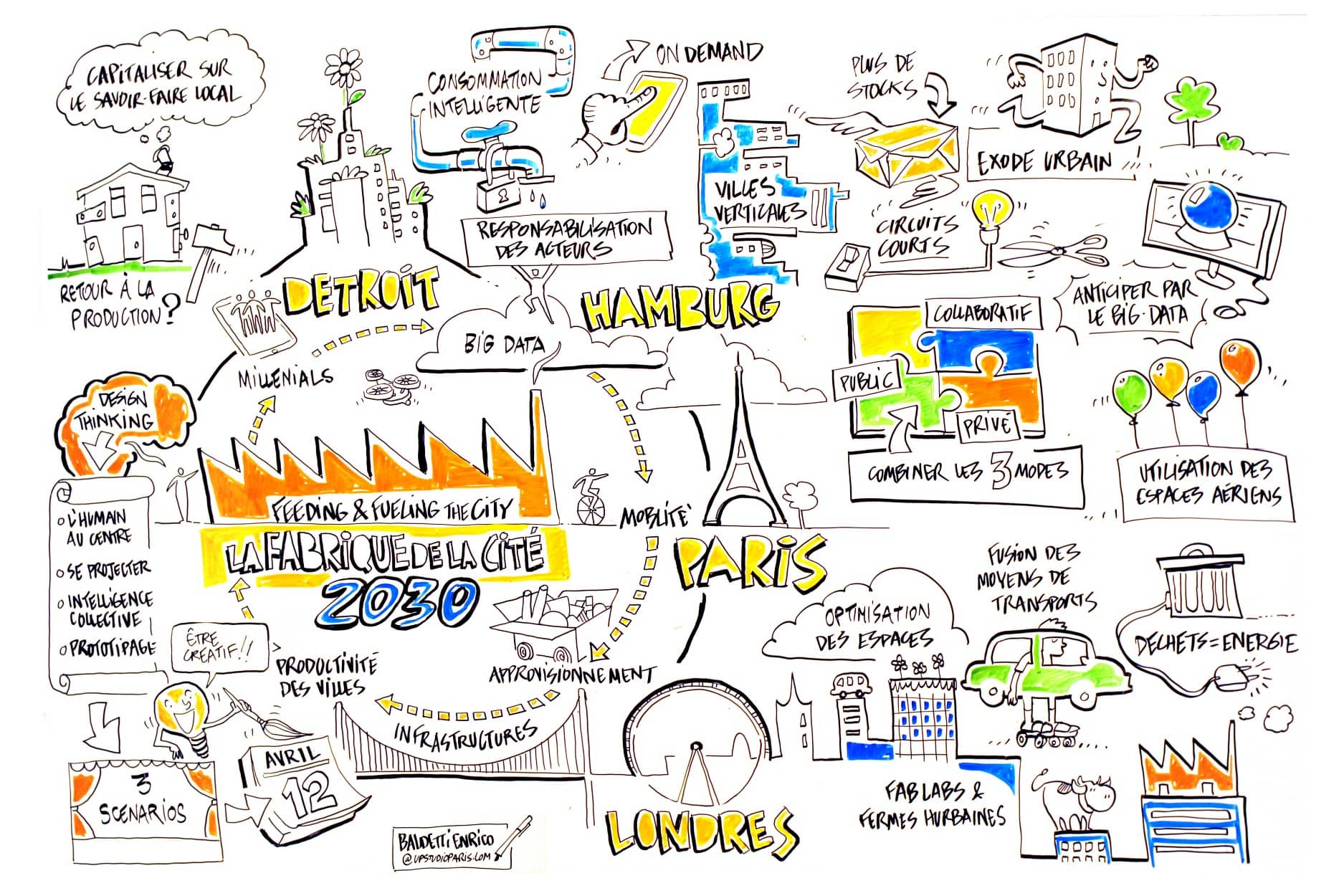

French mid-sized cities: pivot cities in line with the aspirations of the French people
Will the health crisis and the ensuing lockdown put a stop to metropolization and strengthen small and medium-sized cities? Have these episodes reversed or, on the contrary, reinforced the image that the French have of medium-sized cities? In order to answer these questions and explore the French’s relationship with medium-sized cities, La Fabrique de la Cité has commissioned a study on a national and local scale (Toulouse, Cahors, Charleville-Mézières and Quimper) from polling institutes Kantar and Potloc. Emmanuel Rivière, General Manager of Kantar’s Public Division, presented the results of this study during the first edition of the Rencontres des villes moyennes (Meetings of Medium-sized Cities) held by La Fabrique de la Cité on 25-26 November 2020.
The survey confirms that “the attractiveness of different areas is inversely proportional to their density”, with the campaign proving the ideal place to live for 56% of French people, contradicting the idea that the French associate medium-sized cities with decline and ennui. On the contrary: the French have a very positive image of these cities, with 48% holding them to be more dynamic economically now than they were ten years ago, and 56% believing that they are now also more attractive.
This is perhaps the most surprising aspect of this survey. On the one hand, it reveals a real difficulty in defining what a medium-sized city is: nearly half of the French believe that a medium-sized city has fewer than 20,000 inhabitants, while the French National Institute of Statistics and Economic Studies defines it as having between 20,000 and 200,000 inhabitants. Moreover, among the inhabitants of medium-sized cities, only half of them feel they live in a medium-sized city, with 30% saying they live in a small town and 13% saying they live in a large city. On the other hand, there is a real consensus on the services offered by medium-sized cities. They appear to be functional and structuring hubs that occupy a real place in the French urban framework.
Thus, medium-sized cities appeal to residents of both large and small towns because of their status as pivot cities. They combine the best of both worlds thanks to the opportunities they offer: they concentrate both the advantages of large cities, such as the presence of public services, shops, and innovation (44% of small town residents would like to live in a medium-sized city to live in a more dynamic place), and the benefits of smaller cities or the countryside, such as a more affordable cost of living, more spacious housing and proximity to nature (41% of city-dwellers would like to live in a medium-sized city to live in a quieter right and 33% to be closer to nature). Proximity to nature occupies a central place in the aspirations of all French people, so much so that Emmanuel Rivière describes a “call of the wild”. 84% of French people say they would prefer a house to an apartment, and 45% of them would prefer a country house with a garden if they could have one.
Are the health crisis and lockdown going to result in an exodus from big cities to medium-sized towns? 21% of French people say they have been thinking of leaving their place of residence since the beginning of the pandemic. However, this desire is particularly pronounced among residents of large cities, with 30% of them wanting to leave, and even 36% for homes in the Paris metropolitan area, for only 12% of residents of small towns and 21% of residents of medium-sized cities. This metropolitan area acts as a repellent, since only 14% of those surveyed would like to live in the Paris region in the future. However, these percentages are only the reflection of an aspiration, not a measure of an actual change in place of residence. It appears that for those who actually moved to a medium-sized city, the primary reason was employment (38%), followed by calm (30%) and family reunification (24%).
This survey thus reveals a persistent dichotomy between an aspiration to a certain lifestyle and way of life and the reality of access to employment in cities, which is by no means inevitable. It also shows that these “pivot cities” have many assets to develop or consolidate their status as attractive areas, with the key to success being this role of interface between large and small towns.
No time to read? La Fabrique de la Cité has got you covered. Check our newsletter #56.
To be informed of our upcoming publications, please subscribe to our newsletter and follow our Twitter and LinkedIn accounts.
Find this publication in the project:
These other publications may also be of interest to you:
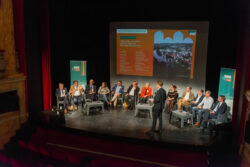
Back from Cahors

Rebalancing
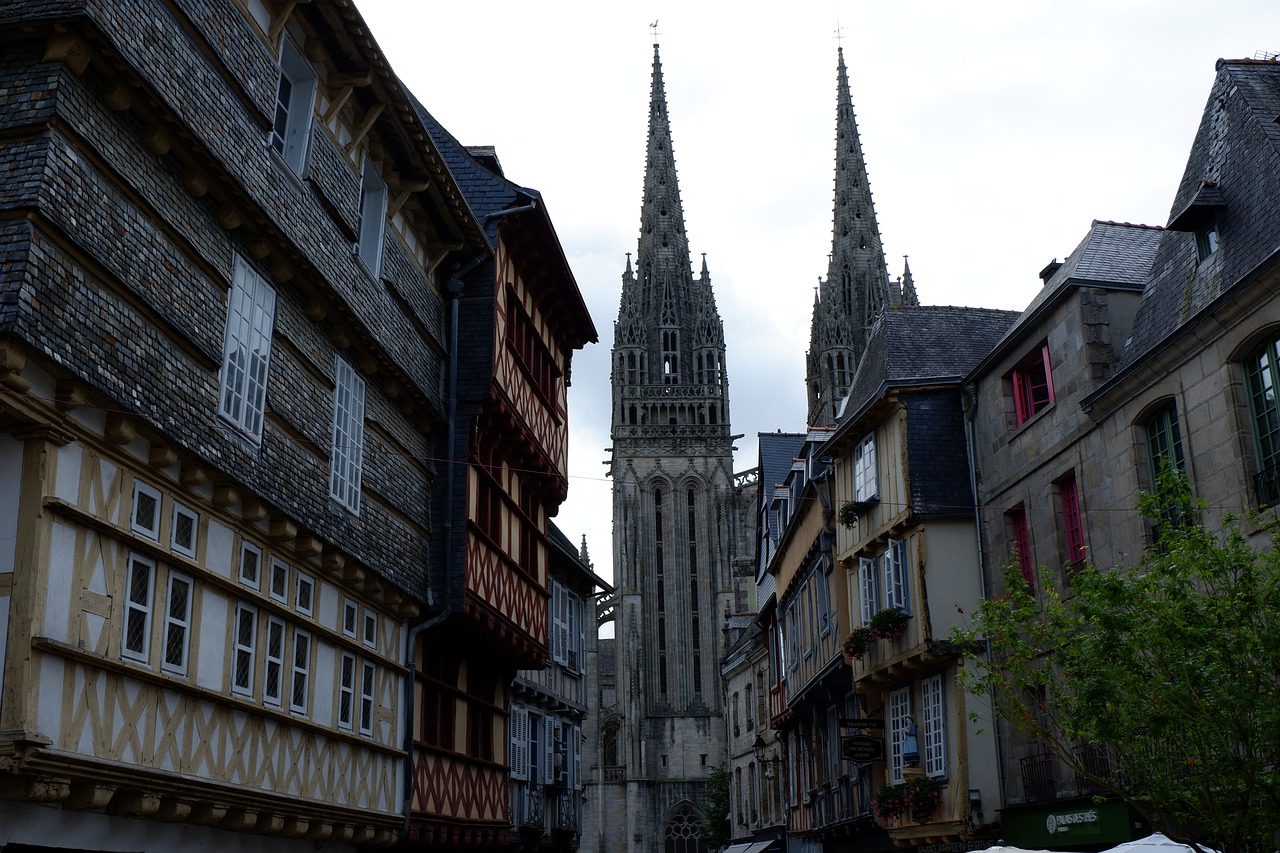
Size, Network and People

Inventing the future of urban highways
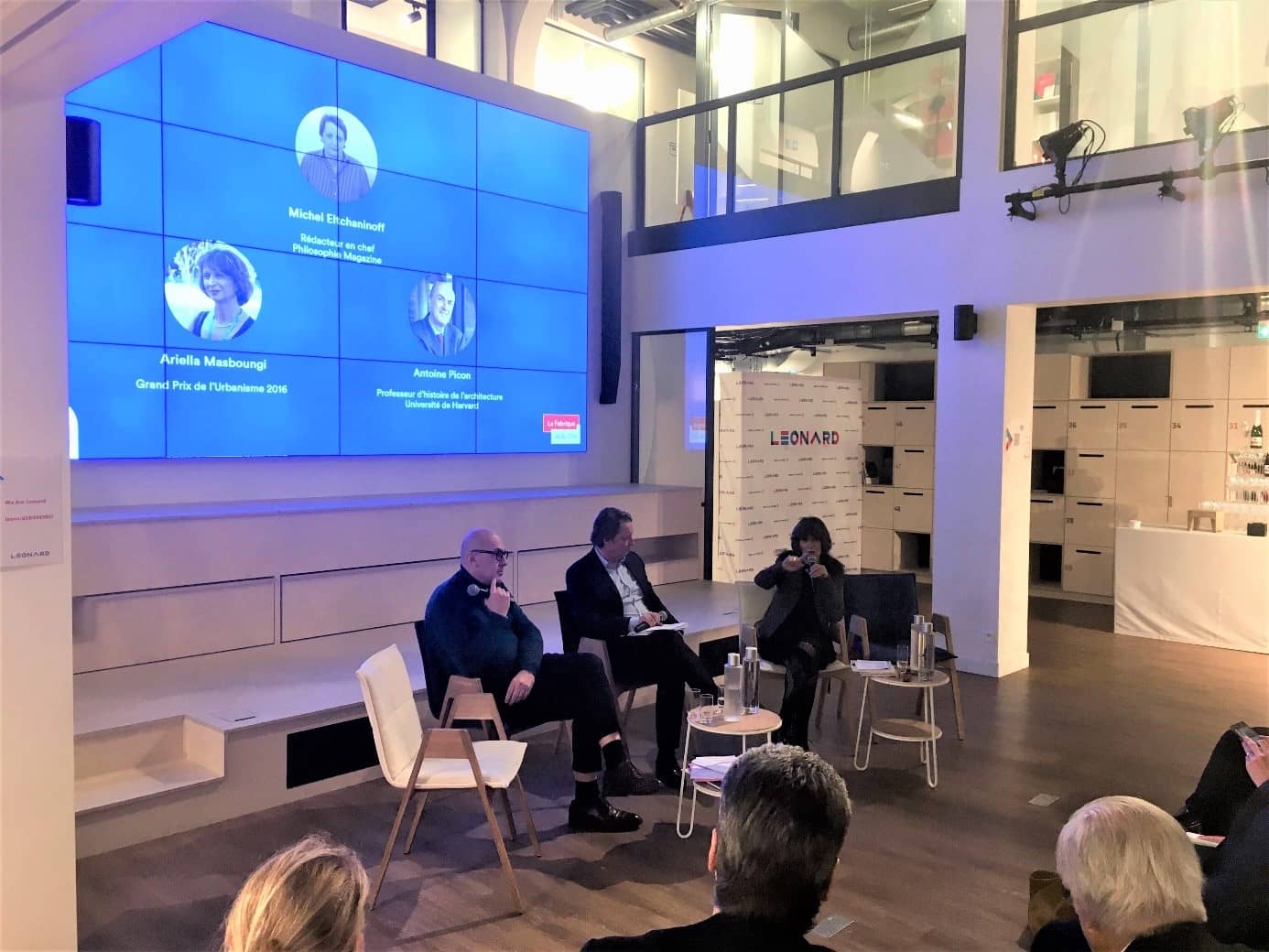
Spatial justice, managing the situation to enable development?
La Fabrique de la Cité
La Fabrique de la Cité is a think tank dedicated to urban foresight, created by the VINCI group, its sponsor, in 2010. La Fabrique de la Cité acts as a forum where urban stakeholders, whether French or international, collaborate to bring forth new ways of building and rebuilding cities.
















